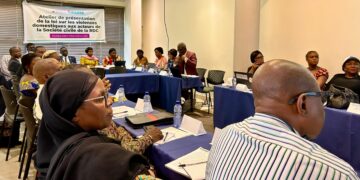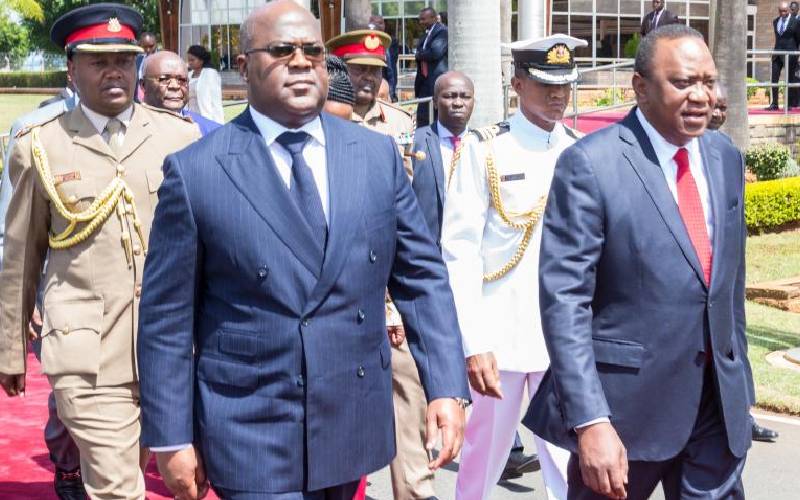The extraordinary plenary session, held at the provincial assembly headquarters in Mbuji-Mayi, drew heightened public interest and was conducted under tight security. Of the 24 provincial deputies in attendance, 18 voted in favor of the indictment, four abstained, and only two voted against the motion.
Lawmakers described the decision as a matter of public accountability. “We can no longer tolerate impunity. We are here to represent the people and defend the integrity of public finance,” said Deputy Simon Mukadi, a leading voice behind the motion.
The accusations against Governor Mbwebwa stem from a detailed report by the Assembly’s Economic and Financial Affairs Committee. According to the findings, the province received $3 million in late 2024 under the National Public Investment Program (NPIP), earmarked for critical development projects across sectors such as education, transportation, and access to clean water.
However, the audit revealed that:
• $800,000 meant for the rehabilitation of the Kalenda-Katanda road was spent without any visible progress on the ground.
• $500,000 disbursed for constructing two primary schools in Miabi resulted only in partial foundations, with no explanation for the missing funds.
• A water supply project in Lupatapata, valued at over $400,000, was never initiated, although funds were withdrawn from the provincial treasury.
Moreover, the report alleges that several contracts were awarded without public tendering, in violation of procurement laws, and that some companies involved in the projects could not be traced in the national business registry—suggesting they were fictitious fronts.
The vote triggers a formal transmission of the file to the Office of the Prosecutor General at the Court of Cassation, the only judicial authority with the competence to try a sitting provincial governor for criminal offenses. If the court accepts the case, it could lead to the suspension or arrest of the governor pending trial.
Meanwhile, opposition deputies are preparing a motion of no confidence to force Governor Mbwebwa out of office through political means, regardless of the judicial outcome. This would require a two-thirds majority vote in the assembly.
Governor Mbwebwa has so far refused to resign and maintains his innocence. In a statement released through his office, he labeled the indictment as a politically motivated witch hunt.
“This is a vendetta orchestrated by rivals who are upset over not receiving government contracts. The governor is ready to defend himself with evidence in court,” said Emmanuel Kanku, his communications director.
His allies claim that some deputies are pushing for his ouster to gain control over provincial projects and appointments, especially ahead of the upcoming local elections scheduled for early 2026.
Public Reaction: Outrage and Demand for Accountability
The public in Mbuji-Mayi and surrounding territories has reacted strongly to the revelations, staging small-scale protests outside government buildings and calling for transparency in the use of public funds.
“Children are still studying under trees while millions are being looted,” said Marie-Therese Lukusa, a local teacher and civil society activist. “This impunity must end.”
Civil society groups, including LUCHA and Justice Plus, have demanded that national institutions follow through on the legal process and ensure that the case is not buried under political pressure.
The Kasaï-Oriental case is not isolated. At least six governors across various provinces in the DRC have faced allegations of embezzlement or abuse of office since 2023. Yet, very few of these cases have led to convictions—largely due to political interference, weak institutions, and procedural bottlenecks.
Analysts say the Mbwebwa affair could become a test case for judicial independence and the government’s stated commitment to anti-corruption.
“It’s a moment of truth for the rule of law in the provinces,” said Dr. Alain Tshimanga, a political analyst at the University of Kinshasa. “If this case is pursued fairly and transparently, it could set a precedent. If it’s swept under the rug, it will only reinforce the culture of impunity.”





































